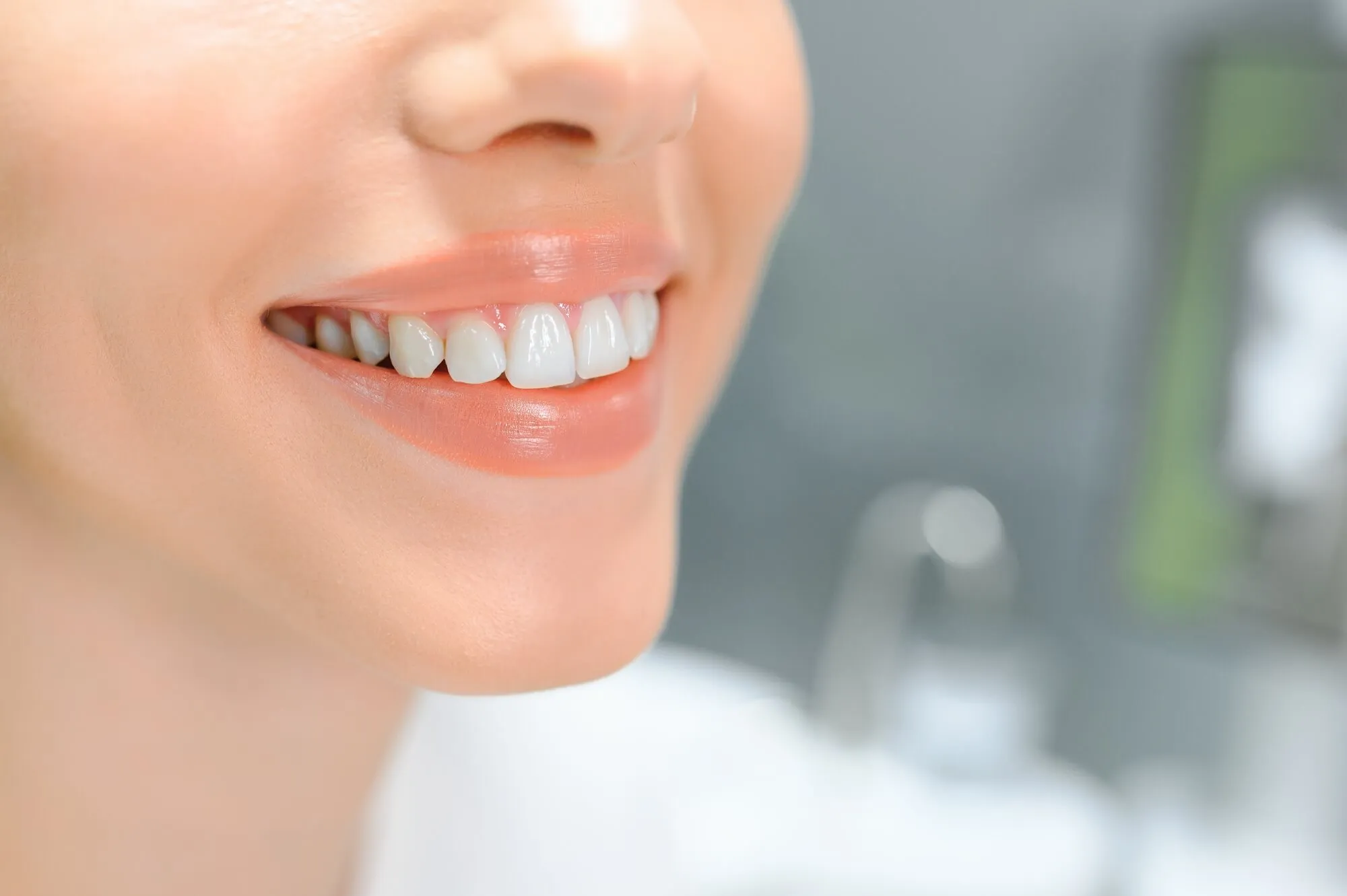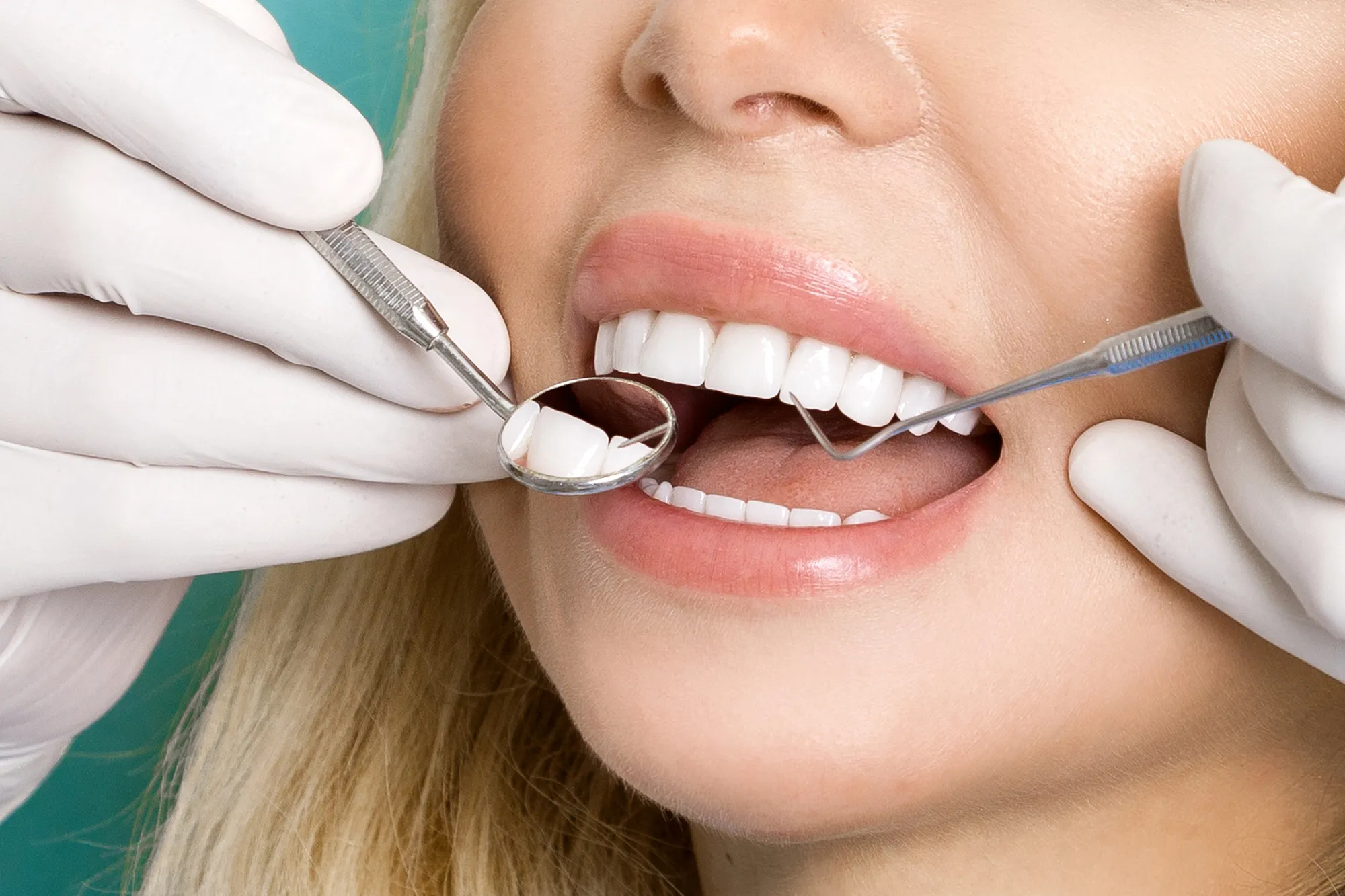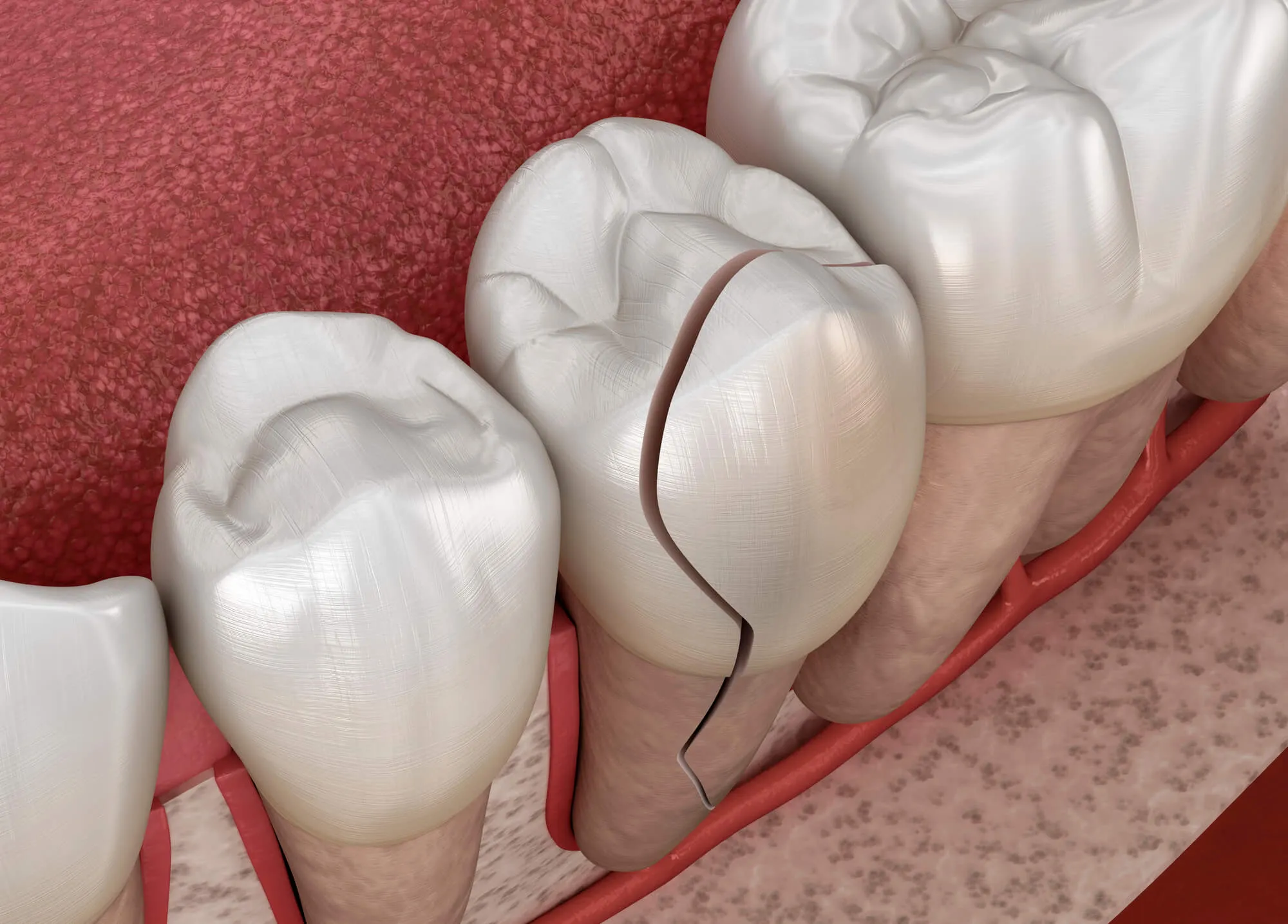
Why Routine Dental Exams Are the Foundation of a Healthy Smile
Many people delay dental visits until something feels wrong—like pain, swelling, or sensitivity. Yet, most dental concerns begin quietly, developing long before symptoms appear. Routine dental exams help identify those early changes before they become complex or uncomfortable. Regularly visiting a dentist in Guilford County ensures that your teeth, gums, and overall oral health are carefully monitored, giving you the best chance to maintain a strong, confident smile for years.

Prevention Starts with Regular Dental Checkups
Dental exams are more than a quick cleaning; they’re the cornerstone of preventive care. Their purpose is to protect, detect, and maintain.
The Role of Routine Checkups in Prevention
Even with consistent brushing and flossing, plaque and tartar tend to accumulate in areas that are difficult to clean. Over time, this buildup can irritate the gums and create weak spots in the enamel. During a professional cleaning, these deposits are safely removed, helping to prevent cavities, gum disease, and bad breath.
Your routine visit also allows for a full examination of the teeth, gums, and mouth. Dentists look for subtle signs, such as enamel wear, early decay, or inflammation, that could lead to more significant issues. By catching small problems early, you can often avoid more complicated and costly procedures later.
How Dental Exams Support Whole-Body Health
Research consistently demonstrates that oral health and overall health are closely linked. Bacteria from gum disease, for example, can enter the bloodstream and affect other parts of the body, contributing to systemic conditions such as diabetes or heart disease. Regular dental visits give your provider the chance to spot oral signs that might indicate broader health issues.
During an exam, your dentist may also assess your bite, jaw movement, and soft tissues for signs of stress, clenching, or conditions such as sleep apnea and oral cancer. What happens in your mouth is often a reflection of what’s happening in your body.
The Importance of Early Detection During Dental Exams
Many dental problems develop slowly. A small cavity or minor gum irritation may not cause discomfort today, but it can develop into an infection or tooth loss over time. Early detection during dental exams allows for timely, conservative treatment.
Advanced imaging, detailed charting, and magnification tools enable dentists to identify even the smallest changes between visits. When caught early, decay can often be managed with a simple filling instead of a root canal or crown. Likewise, early gum disease can be reversed with professional cleanings before it becomes a chronic condition.
Regular exams provide a clear picture of your oral health, allowing your dentist to adjust your care plan as your needs change.
What Happens During a Dental Exam
A professional dental exam is a comprehensive, step-by-step process designed to maintain your mouth's health, keep your teeth strong, and ensure your smile looks its best. Each visit may differ slightly depending on your needs, but the core elements remain the same.
Step 1: Initial Evaluation
Your appointment usually begins with an overview of your medical history and any recent changes to your health or medications. Because oral health is closely connected to overall wellness, these details help guide safe and effective care.
Next, your dentist or hygienist performs a visual inspection of your teeth, gums, tongue, and cheeks. They look for signs of decay, plaque buildup, gum swelling, or irregularities that may need further attention.
Step 2: Professional Cleaning
Professional cleaning is one of the most satisfying parts of a dental visit. Using precision tools, your hygienist removes plaque and hardened tartar from around and between the teeth—areas that a toothbrush can’t reach. After scaling, your teeth are polished to remove surface stains and create a smooth, clean finish. This not only makes your teeth feel fresh but also discourages bacteria from reattaching quickly.
Step 3: Digital X-Rays and Imaging
Depending on your history and the time since your last X-rays, digital images may be taken. These show what can’t be seen during a visual exam—issues like bone loss, decay between teeth, or impacted teeth. Modern digital technology minimizes radiation exposure while providing sharp, detailed images that guide accurate diagnosis.
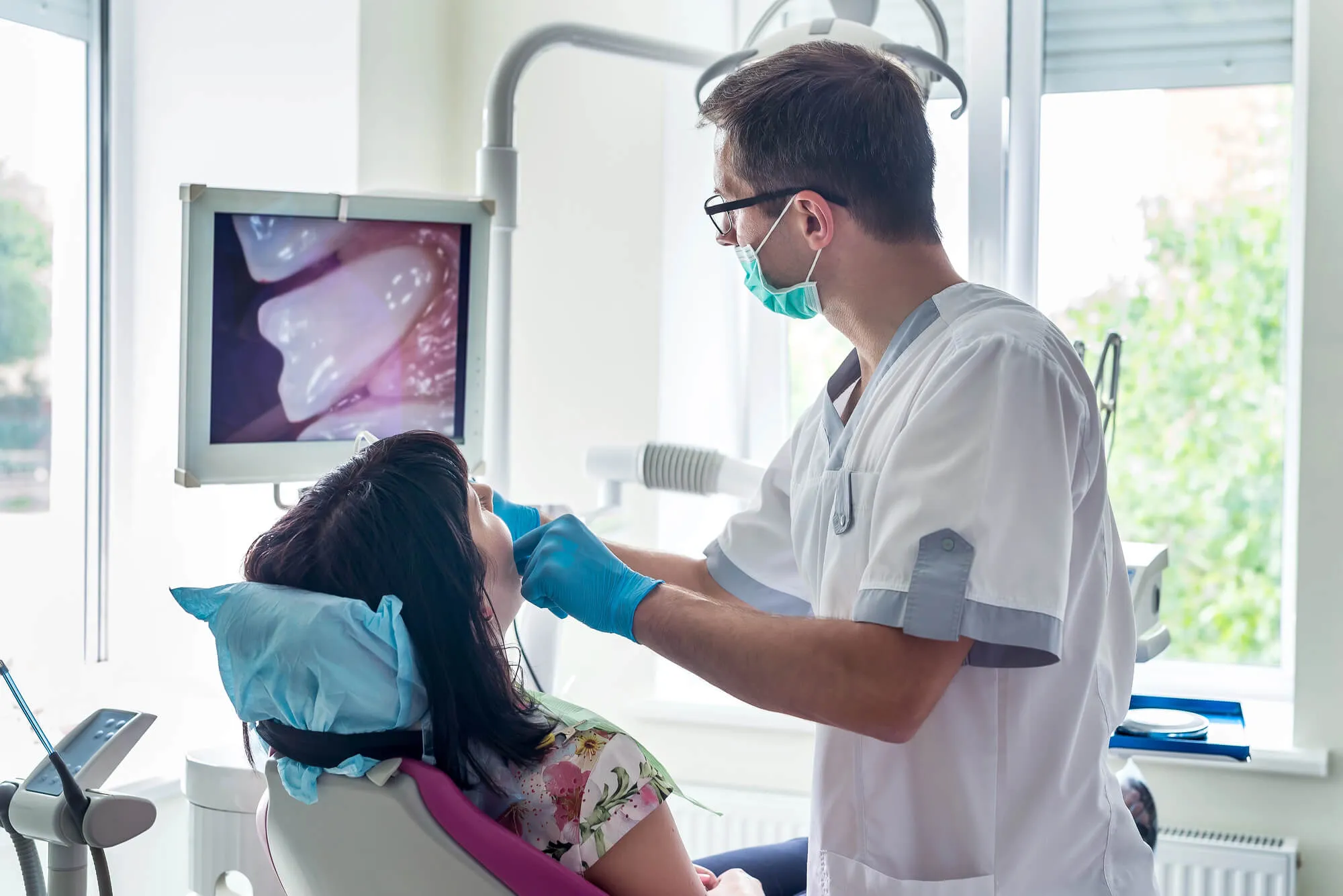
Step 4: Dentist Examination and Discussion
After cleaning, your dentist performs a thorough examination of your teeth, gums, and bite alignment. They evaluate the health of restorations such as fillings or crowns and check for early signs of enamel erosion, fractures, or gum disease.
This is also the time to ask questions. Whether you’re curious about whitening options, sensitive areas, or preventive products, your dentist will discuss findings openly and suggest practical solutions.
Step 5: Fluoride or Preventive Treatments
Depending on your oral health needs, a fluoride application may be recommended to strengthen enamel and protect against cavities. For children or patients with a higher risk of decay, this step is especially valuable.
Step 6: Oral Hygiene Guidance
The appointment usually concludes with personalized advice on brushing, flossing, and diet. Many patients benefit from simple adjustments—such as changing the type of toothbrush, improving their technique, or reducing their intake of acidic foods—that can significantly improve long-term results.
How Often Should You See the Dentist?
Most adults and children benefit from dental exams every six months. These regular visits help manage plaque buildup and allow early detection of developing issues. However, certain patients—such as those with gum disease, dry mouth, or complex restorations—may require more frequent care.
Your dentist will help determine an interval that fits your unique needs. The goal is consistency: maintaining a predictable schedule prevents minor concerns from escalating and provides ongoing peace of mind.
Benefits of Staying Consistent with Dental Visits
The rewards of regular dental exams extend far beyond clean teeth. Patients who maintain consistent care often experience:
- Healthier gums: Reduced inflammation and stronger tissue support.
- Brighter smiles: Removal of surface stains and smoother enamel texture.
- Fewer surprises: Early detection helps prevent emergencies.
- Better breath: Professional cleanings remove bacteria that cause odor.
- Lower long-term costs: Preventive care is always less expensive than restorative work.
A clean, comfortable mouth enhances your daily life—from enjoying your favorite foods to speaking and smiling with confidence.
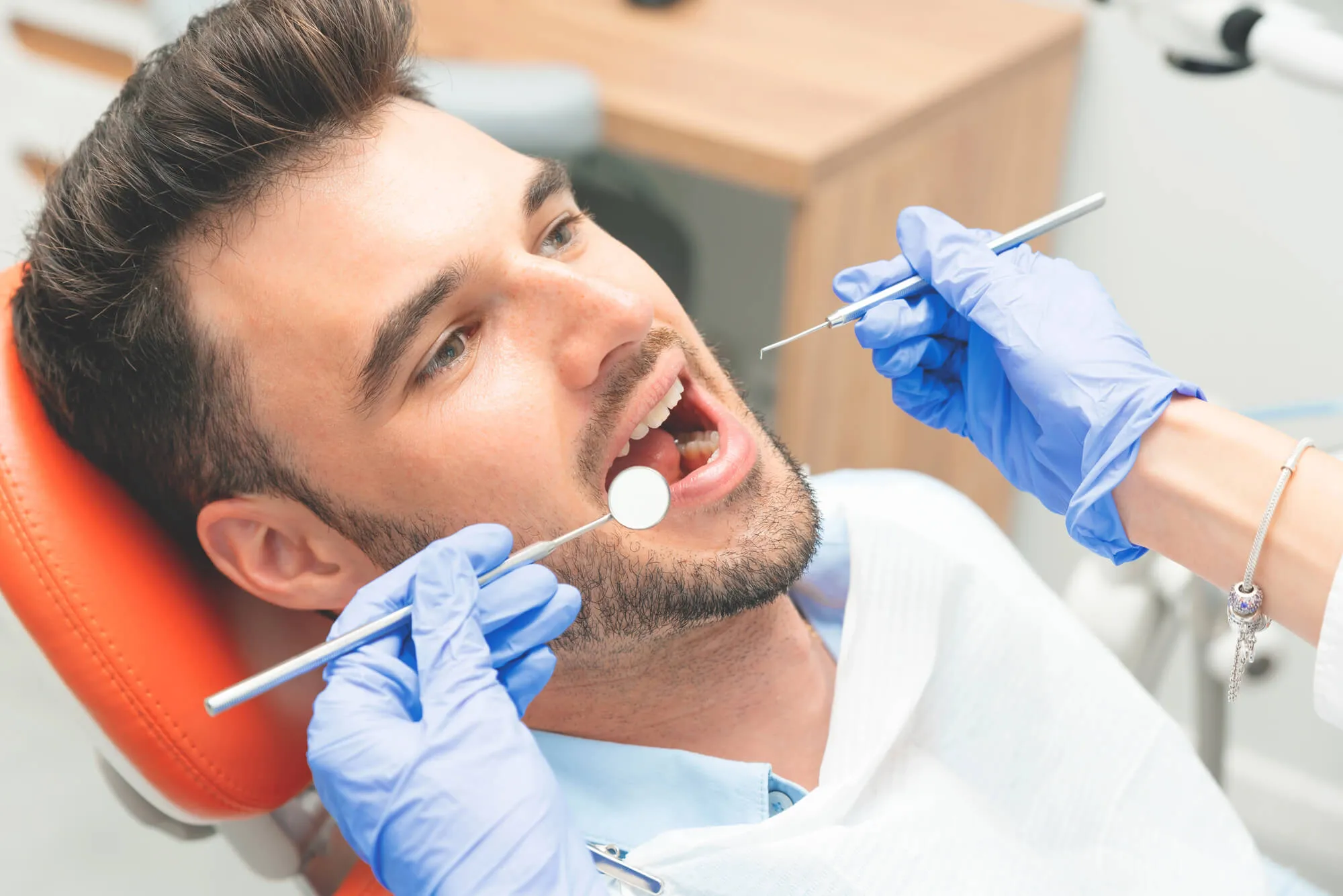
Schedule Your Next Dental Exam with a Trusted Dentist in Guilford County
Your smile deserves attention, care, and consistency. Routine dental exams protect your teeth, support your overall health, and boost your confidence in daily life. If you’re looking for a dentist in Guilford County who values preventive care, comfort, and precision, schedule an appointment today with Dr. Layth Saraf.
Experience gentle, thorough care that helps keep your smile strong, healthy, and radiant—today and for the years ahead.
.jpg)


